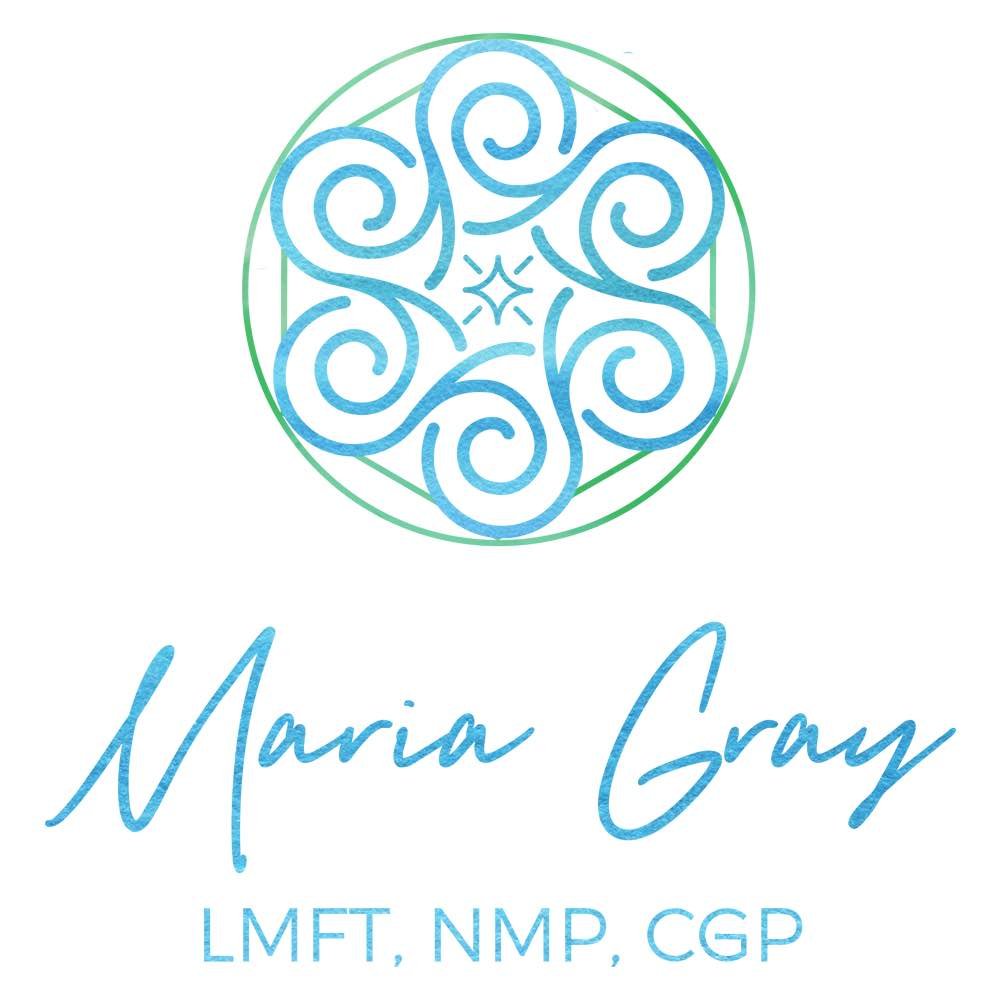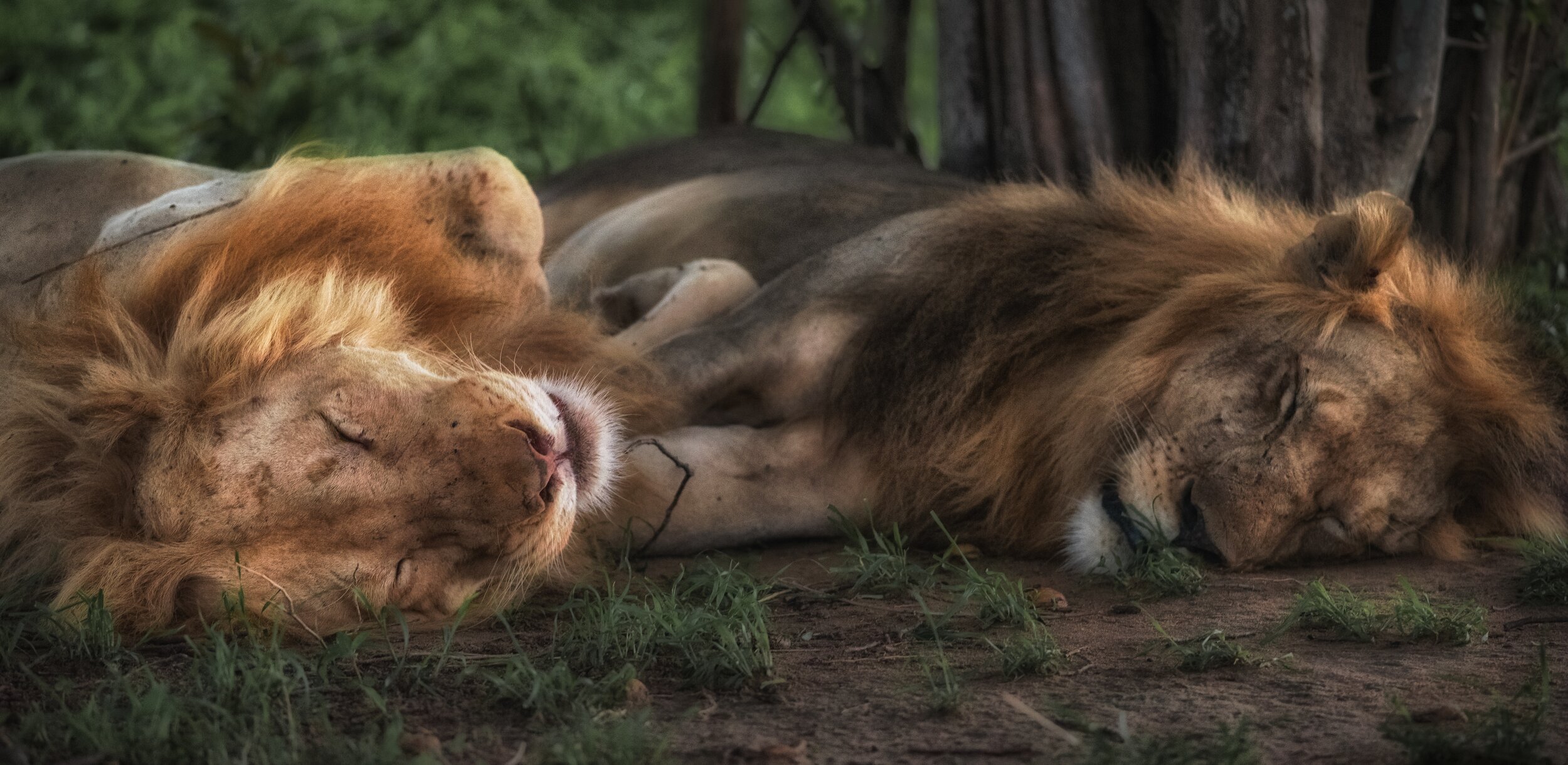Rest: Why You Get More Done When You Work Less
I’m currently reading a book entitled “Rest: Why You Get More Done When You Work Less” by Alex Soojung-Kim Pang, which explores our relationship to rest and work. Pang is the author of four books and the founder of Strategy and Rest, a consultancy devoted to helping companies and individuals harness the power of rest to shorten our workdays, while staying focused and productive.
Pang believes that you can work better if you learn how to rest better, he challenges our culture’s “respect” for overwork, citing William James’s 1899 essay “Gospel of Relaxation” in which he argued that Americans had become accustomed to overwork and lived with an “inner panting and expectancy” bringing a spirit of “breathlessness and tension’ to work. James could have been describing my years working in the corporate world, prior to following my calling and changing careers.
I enjoy being a psychotherapist and have found that I am at my best when my days are shorter and include a long midday break. I see clients Monday through Thursday and use Fridays for administrative work, yoga/walks and Brainspotting consultation. In the early days of my practice, I was more interested in creating a sustainable business than focusing on work/life balance, so I worked on Saturdays and late into the evening; this was hard for me but it helped me grow my practice. Now that my practice is established, I can see clients during the hours that work better for me. I have more energy in the mornings, so I schedule more sessions early in the day, followed by a ninety-minute lunch break and two clients in the afternoon.
Pang states “If you want rest, you have to take it. You have to resist the lure of busyness, make time for rest, take it seriously, and protect it from a world that is intent on stealing it.”
I wrote this post shortly after returning home from five glorious days in Santa Barbara, the place where I go to hike, bike, eat delicious food and rest. Prior to the pandemic I scheduled time off every three months and this vacation was my first in six months. When I decided to plan a trip, I spoke to my primary care physician and she advised me about how to stay healthy during the trip. My five days felt blissful, with no access to email or voicemail and most of my time spent out in nature.
As a therapist, I sometimes experience a sense of “fullness” at the end of the day where I cannot imagine taking in any more information. It feels like my mind needs to be emptied and time away from work creates room in my brain and body; Pang’s book cites research explaining how rest can create space in our brains for creative thinking. Sometimes just a small amount of restful, quiet space is all I need after a busy day. I like to create a clear divide between my sessions and my evenings, sometimes I’ll take a short walk or sit outside on my patio. I notice that on the nights when I don’t have enough quiet time after work, I struggle to stay asleep. Pang explains “While you sleep, your brain is busy consolidating memories, repairing physical damage, and generating dreams. Most of the time you’re not aware of all this work, but it’s been going on your whole life. And your life depends on it.”
Are you allowing yourself enough time to rest?
Focusing on What's Wildly Important
I’ve just read Cal Newport’s book entitled Deep Work: Rules for Focused Success in a Distracted World, where he explains how to avoid distraction and focus on your priorities. Although the book is written for people who have desk jobs, the concepts are applicable to our work as therapists.
Newport describes the idea of “attention residue” which means that every time we shift our attention from one task to another there is a “cost”. I noticed this recently when I was trying unsuccessfully to solve a bookkeeping issue during my lunch break. When my client arrived and our session began, I noticed that my mind kept returning to the bookkeeping problem, and I had to actively shift my focus back to my client. The skills I’ve learned in my meditation practice helped me return to the present moment and focus on my client.
Newport believes that “To be successful with deep work you must rewire your brain to be comfortable resisting distracting stimuli.” He recommends avoiding using the internet (especially social media) for entertainment. He suggests finding more intentional and less distracting ways to entertain yourself. He’s not anti-Internet, instead he suggests scheduling the time you want to spend using the Internet rather than randomly getting online. I started scheduling three 15-minute social media blocks on my calendar during the week.
I certainly don’t want to be thinking about what I read on Facebook or my accounting problem when I’m beginning a session with a client. I’m not suggesting we avoid doing any of our clerical work between sessions; what I am suggesting is being selective about the type of tasks we work on.
I’ve recently broken the habit of looking at Facebook during breaks by removing the app from my phone. I need my time between clients to be refreshing and when I look at Facebook, my brain becomes overstimulated, like I’ve eaten a bowl of sugary cereal. Instead of being online, I stretch my neck and shoulders or pick up one of my crystals and hold it while I take a few breaths. After a difficult session, I listen to Brainspotting bilateral music for a few minutes. I still enjoy using Facebook, but I only access it from my computer and at designated times during the week.
The place where Newport’s suggestions have been most helpful is with my writing. Newport believes in “Focusing on what’s wildly important.” This means cutting out the busywork and scheduling time for the things you’d really like to accomplish. I schedule 3-4 hours of writing time (about an hour from Thursday through Sunday) every week and I don’t check email or work on “busywork” during that time; I treasure and protect that time.
What’s wildly important to you?
Photo by Paul Skorupskas on Unsplash



